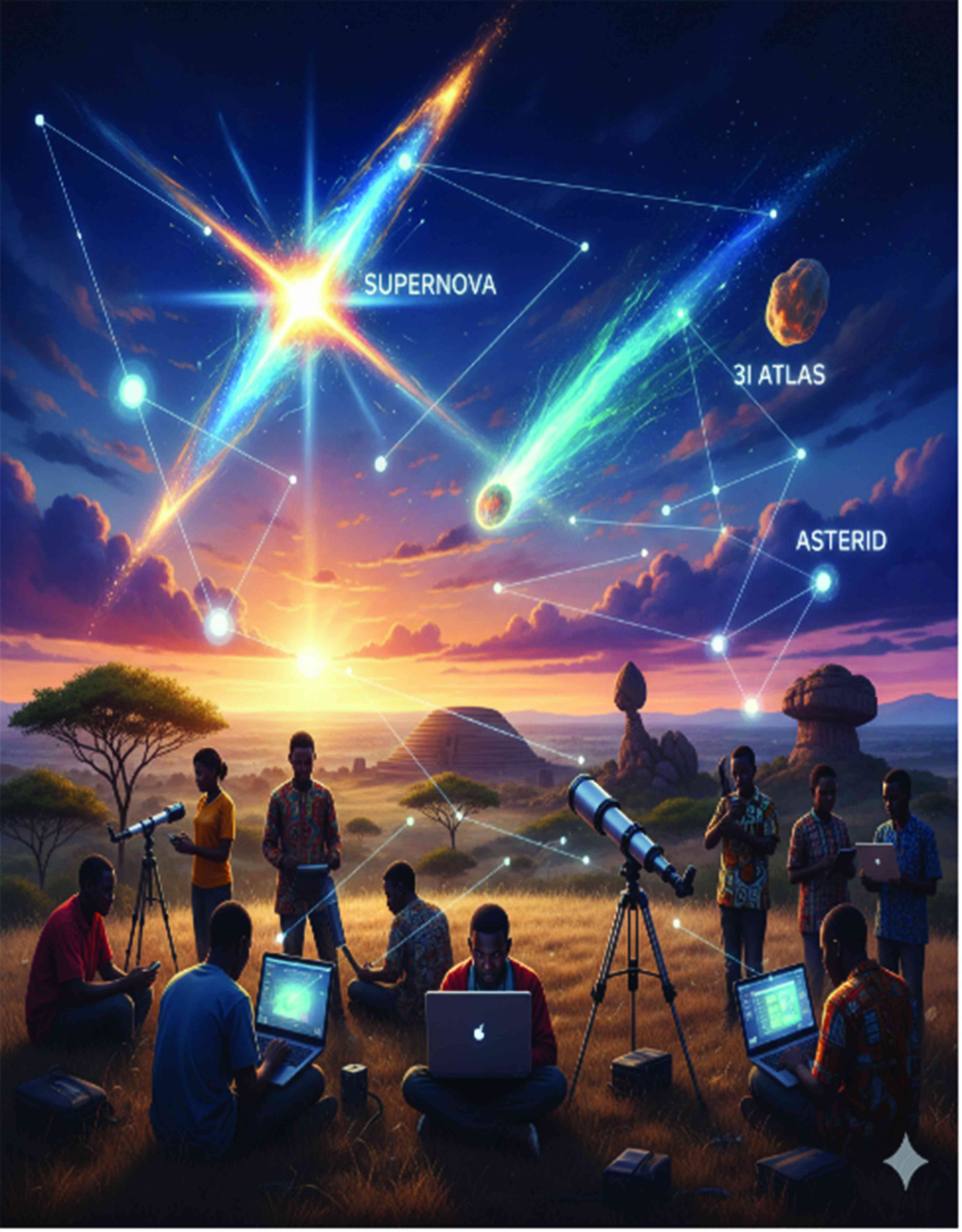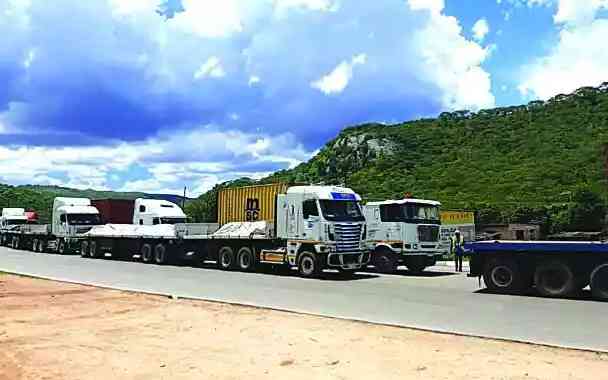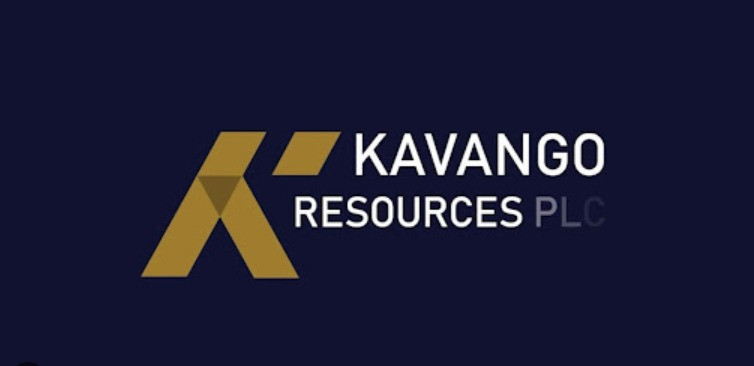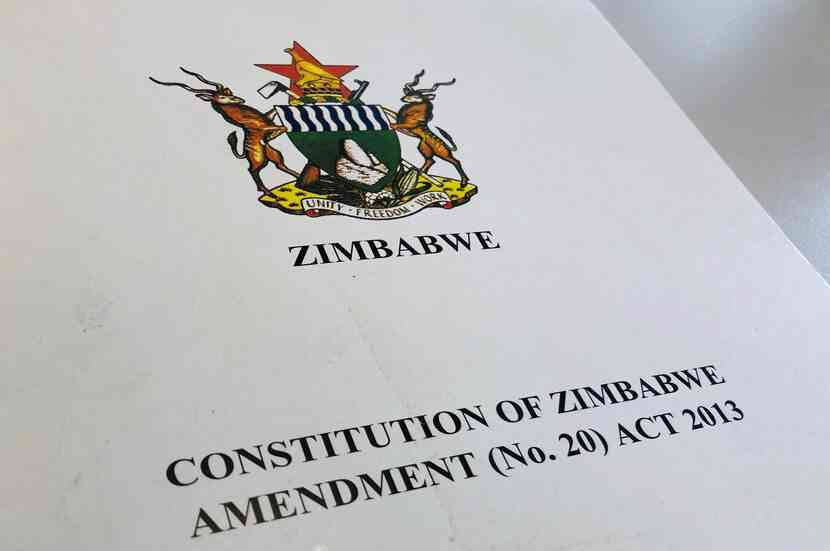
ZIMBABWE is witnessing the remarkable impact of artificial intelligence (AI) as it quietly becomes a vital tool shaping the way we connect, travel, and explore the universe. In recent years, and especially in 2025, AI has moved beyond being just an abstract buzzword for computer scientists and Silicon Valley visionaries. Whether streaming satellite TV, boarding a flight, or gazing at the stars, AI systems are working behind the scenes to keep Zimbabweans, and people everywhere, safer, better informed, and more connected than ever before, according to the Satellite Today Journal.
AI keeps satellites safe above Zim
The age of space exploration is entering a new era. Today, more than 14 000 operational satellites orbit earth, providing essential services ranging from global communication and weather forecasting to disaster management and scientific research. But the sheer number of satellites has created new challenges, especially the risk of collisions and the creation of space debris that could disable vital services.
AI-powered “space traffic controllers,” such as systems named ASIMOV and CREAM, are now at the heart of satellite management.
These tools use advanced learning algorithms to analyse satellite trajectories, predict risks, and even autonomously plan “avoidance manoeuvres” before potential collisions occur.
Think of it as air traffic control, but in orbit: machine learning crunches huge data streams from satellite positions and movements, enabling quick decisions and reducing human error.
Recent improvements include quantum- inspired predictive modelling, where AI simulates thousands of orbit changes within seconds, decades faster than older software. This protects communications, banking, and weather satellites crucial to Zimbabwe and Africa’s ongoing digital transformation.
Everyday impacts
- Mavhunga puts DeMbare into Chibuku quarterfinals
- Bulls to charge into Zimbabwe gold stocks
- Ndiraya concerned as goals dry up
- Letters: How solar power is transforming African farms
Keep Reading
The benefits of AI-driven satellite management ripple directly into daily life.
In Zimbabwe, stable satellite communication powers TV, internet, and phone services that connect even remote communities to the world. AI’s ability to prevent collisions and keep critical orbits clear means lessdowntime and more reliable service for millions.
These satellites also help track weather, drought, and floods, with AI models now improving the accuracy and speed of disaster predictions.
In emergencies, quick decisions powered by AI driven imaging can help governments and responders send aid where it is needed most, saving lives and livelihoods.
AI in aviation
While AI is a star in space, its growing role in aviation is just as transformation al. Airlines and regulators increasingly rely on artificial intelligence to keep flights safe, efficient, and affordable.
Through predictive maintenance, AI scans aircraft systems for early signs of trouble, helping ground crews address issues before they cause delays or safety risks. Digital twins, virtual models of physical planes, let engineers simulate wear and tear, anticipate breakdowns, and optimise performance.
At the same time, AI-powered scheduling tools analyse weather, passenger loads, and traffic flows, ensuring flights are on time and disruption is minimised, benefiting airlines and passengers alike.
Importantly, safety regulators such as EASA (Europe’s aviation authority) are actively building the first frameworks for safe and responsible use of AI in commercial aviation. These rules promise to balance technical progress with public safety, ensuring Zimbabwe and other countries can embrace AI’s benefits while avoiding new risks.
Accessible astronomy
AI is not just for the professionals. Astronomers, both experts and backyard enthusiasts, are increasingly using accessible, user-friendly AI tools to detect cosmic events such as exploding stars, asteroid activity, and changes in the night sky.
Thanks to software such as Google Gemini, users can upload a picture or dataset and ask, in plain English, “What changed?” The AI quickly scans vast collections of images or sensor data and identifies anomalies, all while explaining its results in everyday language. This capability is revolutionising astronomy education, inspiring students to take part in global projects and giving amateur astronomers a chance to contribute new discoveries.
For Zimbabwe, where traditional astronomy resources may be limited, these open source and cloud based tools offer science outreach and engagement opportunities that never existed before.
AI’s role in African digital sovereignty
One striking example of AI’s contribution to modern astronomy is the role it has played in the observation and study of the comet 3I ATLAS. Discovered as the third known interstellar comet to visit our solar system, 3I ATLAS has provided astronomers with a unique opportunity to learn about objects originating from beyond our planetary neighbourhood. AI-powered software has been instrumental in analysing the vast amounts of data collected from telescopes tracking 3I ATLAS’s journey.
By automatically sifting through countless images and sensor readings, AI has helped astronomers quickly identify the comet’s unusual path, study its composition, and predict its behaviour as it travelled past the Sun.
This not only aids professional scientists but also allows Zimbabwean students and amateur astronomers to take part in real-time global observations, deepening local engagement with space science and highlighting the practical benefits of AI in making frontier discoveries accessible to all. Of course, there are hurdles: access to fast internet, cost of cutting-edge hardware, and the need for regulation and training.
But with growing support for digital infrastructure in Africa, and international cooperation in space and aviation, the potential for practical local impact has never been clearer. Governments and companies must invest in capacity building to ensure Zimbabweans can benefit fully from these global advances.
Conclusion
Artificial intelligence is quickly moving from lab curiosity to everyday necessity. By managing the crowded skies above, protecting airline passengers, and welcoming more people into the wonders of astronomy, AI is making life safer, happier, and smarter in Zimbabwe, Africa, and beyond. As space becomes busier and the skies
more complex, expect artificial intelligence to become not just a backbone of technology, but a trusted partner, one that quietly but reliably safeguards our connection to earth and the stars.
- Bangure is a filmmaker. He has extensive ex-perience in both print and electronic media production and management. He is a past chair-person of the National Employment Council of the Printing, Packaging and Newspaper Industry. He has considerable exposure to IT networks and Cloud technologies and is an enthusiastic scholar of artificial intelligence. — naison.bangure@hub- edutech.com.











